Government
Speech by the Governor of Tokyo, Koike Yuriko, at the Second Extraordinary Session of the Tokyo Metropolitan Assembly, 2021
In opening the second extraordinary session of the Tokyo Metropolitan Assembly in 2021, I would like to speak about our response to COVID-19 and other matters.
On April 17, Tokyo Honorable Citizen Mr. Adachi Masakazu passed away. I would like to offer my sincere condolences to his family. May he rest in peace.
The record amount of torrential rain continuing from last week is causing extensive damage throughout Japan. With the successive occurrence of river flooding and sediment disasters, it is a serious situation that is threatening our lives. Along with extending my deepest condolences to the families of those who passed away, I would also like to offer my heartfelt sympathies to all those who suffered damages.
Fighting an all-out war against the Delta variant of COVID-19
Similarly threatening our lives is COVID-19. Right now, we are facing the biggest crises since the start of the battle against this disease. We have, for a long period of time, received the enormous cooperation and commitment of the people and businesses of Tokyo, and healthcare providers. I would like to extend my deepest appreciation and also remind you that the people of Tokyo must come together as one, applying our combined strengths in the battle against this “invisible enemy.”
Infections are spreading at an unprecedented speed as the original COVID-19 is rapidly replaced by the Delta variant, which is said to be about twice as more transmissible and is the strongest virus acknowledged so far. It also appears different from the third or fourth wave of the infection in Tokyo: about 70 percent of new positive cases are the under-40 younger generations, and severe patients are shifting to those in their 40s and 50s.
Right now, what we need to do is to properly realize the threats of the Delta variant. And we must confront this powerful enemy by boldly rolling out strategies in line with the ever-changing condition. We must simultaneously take both the “offense,” such as vaccination and antibody cocktails, and the “defense,” by restraining the movement of people and taking basic steps to prevent infection. By positioning the current situation as a “state of medical emergency,” we will thoroughly protect the precious lives and health of Tokyo citizens. The Tokyo Metropolitan Government (TMG) will devote its full resources to this battle.
Enhancing health care provision system
In order to cope with the sudden rise in patients caused by the spread of the virus, we will further enhance our health care delivery system. By clarifying the roles of medical institutions accepting patients with “severe and moderate” symptoms and those accepting patients with “mild to moderate” symptoms, appropriate medical care is provided for their respective symptoms. Also, so that patients who are not hospitalized can recuperate with a sense of security, we are strengthening acceptance of these patients to designated facilities for recovery, such as by newly opening such facilities. And, as to the patients recovering at home, we are expanding systems for home visits in cooperation with medical associations. At the metropolitan and Tokyo Metropolitan Health and Hospitals Corporation hospitals we have already secured beds as oxygen stations to accept patient admission requests by ambulances that cannot find a hospital to take in their patient. We will also secure new beds to provide oxygen and other treatment mainly for patients with moderate symptoms. Oxygen stations, which will temporarily accept mild patients, will first be opened in Shibuya, and then expanded according to the infection situation. Furthermore, as a new weapon for treatment, we are actively promoting the “antibody cocktail therapy” which is expected to be effective in preventing patients from developing serious conditions.
Two days ago, together with Prime Minister Suga Yoshihide and Minister of Health, Labour and Welfare Tamura Norihisa, I observed its utilization at a designated hotel for recovery. In strong cooperation with related organizations, we will take all possible measures by making full use of our valuable medical resources.
Going back to the basics once again
In order to support health care workers who are fighting to save lives and to prevent further spread of the infection, we must go back to the basics once again and drastically reduce person-to-person contact. Under this summer’s state of emergency, in coordination with the Japan Association of Governors and the three surrounding prefectures, we are strongly calling for people to refrain from nonessential outings or traveling across the metropolitan and prefectural borders. Recently, through meetings with business organizations, we again asked for further promotion of remote work, and also made a request to the national government to broadly approach businesses to reduce the movement of people. At the same time, for facilities attracting customers, through their respective business organizations, we are requesting that they strengthen infection prevention measures that consider the risks posed by the Delta variant, such as implementing more thorough entrance procedures and maintaining social distance in the facilities. Regarding payments to restaurants and other establishments for their cooperation with requests for business closure or shortened business hours, we are expediting payments through not only measures such as improving the evaluation system and increasing personnel, but also paying a fixed amount in advance.
Further speeding up vaccinations
Creating a steady trend to contain the spread of the virus. What holds the key to accomplishing this is to make vaccines—the most effective weapon—available quickly and widely, and we must therefore further accelerate our vaccination efforts.
For this reason, the TMG has been gradually expanding the number of mass vaccination centers it operates. We have been vaccinating people who are the backbone of the residents’ lives, including those affiliated with the police, fire department, and education. And, this month, in cooperation with universities and business associations, Tokyo has started vaccinating students and employees of small and medium-sized companies. We have also set up a vaccination site where those who have difficulty moving about by themselves can get vaccinated while remaining in a car driven by their caregiver.
Furthermore, we will work to promptly vaccinate young people, among whom the infection is quickly spreading. To this end, this month, the TMG will open a vaccination site exclusive to young people near JR Shibuya Station to let them receive vaccines without reservations. We will also be rolling out campaigns using smartphone apps. In addition, we have been distributing some of our stock of vaccines to the municipalities to be used to vaccinate upper middle-aged citizens, and we have also been repeatedly pressing the national government to secure a sufficient supply of COVID-19 vaccines. In Tokyo, about 60 percent and 40 percent of the residents are expected to have received their first and second doses of the vaccine, respectively, by the end of this month. We will take all possible measures to ensure that those who want to receive a vaccination can get vaccinated as soon as possible.
Compilation of supplementary budgets
We have submitted a supplementary budget bill totaling 155.6 billion yen to this second extraordinary session of the Tokyo Metropolitan Assembly. The proposed supplementary budget includes funds to expand the TMG’s support initiatives for companies facing difficulties in business operations and to support medical institutions that give vaccinations. In addition, we have proposed another supplementary budget bill amounting to 172.2 billion yen to allow us to provide payments to businesses that cooperate in preventing the spread of infection in response to the recent extension of state of emergency measures, and strengthen and enhance the medical care provision system based on the current infection situation. We will continue to steadily advance the initiatives needed and do everything we can to get through this difficult situation.
Passing on the intense competition to the Paralympic Games
The Olympic Games Tokyo 2020, where heated competition unfolded day after day, have come to a close. The first ever one-year postponement in the history of the Olympic and Paralympic Games, coupled with the unprecedented adverse circumstances created by COVID-19. I would like to pay my greatest compliments to the athletes who, despite these challenges, devoted themselves to training to compete on this big stage. Mayor Anne Hidalgo of Paris, who was passed the Olympic Flag at the Closing Ceremony, remarked, “The international community shares the opinion that the Olympic Games Tokyo 2020 were successfully delivered amid the COVID-19 pandemic.” Other countries from around the world have also expressed praise and appreciation. We can say that Tokyo and Japan demonstrated their real strengths by successfully delivering this historical festival amid an unprecedented crisis. I would like to express my heartfelt gratitude for the enormous support we received from countries around the world, those involved in the Games including volunteers, and Tokyo residents and Japanese citizens who cheered on the Games from their homes.
In six days, the baton of the Tokyo 2020 Games will be passed on to the Paralympic Games. “The Tokyo 2020 Games cannot be a success without the success of the Paralympic Games.” This is what I have been saying, and have consistently believed. I am convinced that the radiant performance of Paralympians who have unlimited potential will give us immense courage in confronting the COVID-19 challenge. And, sharing emotions through Para sports will lead to the realization of a truly inclusive society where diversity is embraced and various differences overcome. While placing priority on holding a safe and secure Games, we will lead the Paralympic Games to success as well, by working with the Organising Committee, national government, relevant local governments, and other stakeholders.
A total of four bills have been presented to this extraordinary session of the Tokyo Metropolitan Assembly, including the two aforementioned budget bills and two measures recently enacted by discretionary action, to be deliberated among the Assembly members.
Lastly, I will say it again. Not only is the novel coronavirus invisible, but the Delta variant is hard to beat. The numbers of positive and serious cases are at a disaster level. Just like the heavy rains that rage across our country, the COVID-19 situation is entering a stage that is “unprecedented.” But if the residents, businesses, health care workers, and the government combine their strengths under a single mind, the spread of COVID-19 can definitely be contained. This makes it all the more necessary now for us to exercise utmost vigilance and engage in best actions to save lives. This is what I am again strongly urging each and every resident to do.
With strong determination to do everything we can to win the battle against this formidable enemy, we will devote all our resources to contain this virus as soon as possible. I would like to ask for the understanding and cooperation of the members of the Tokyo Metropolitan Assembly and the citizens of Tokyo.
This concludes my speech to the Assembly.
Thank you.
This article is also available in other languages. (日本語/中文/한국어)

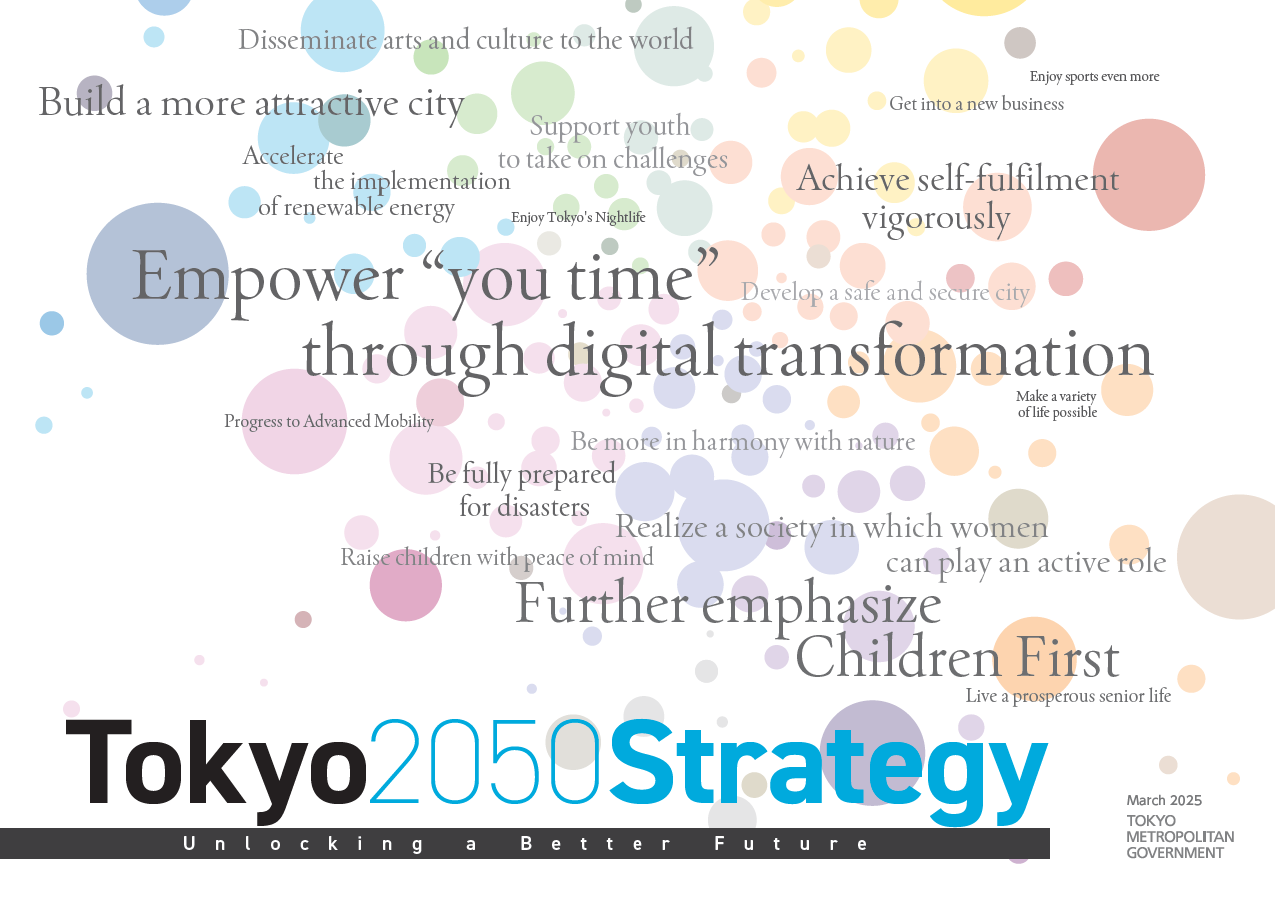
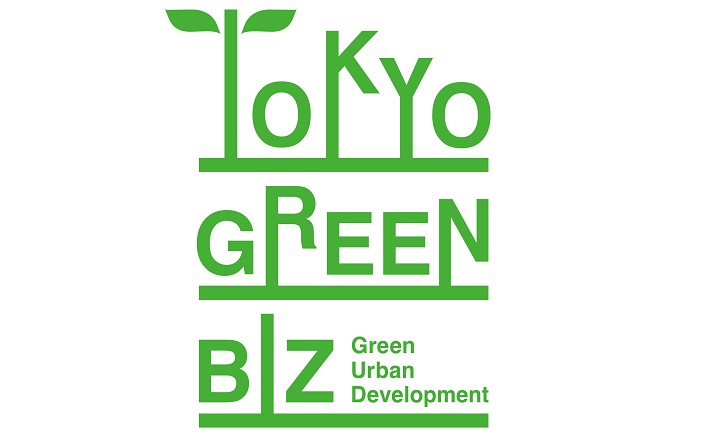
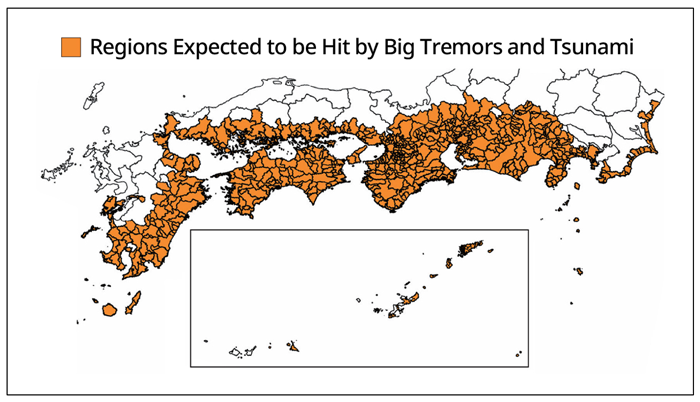

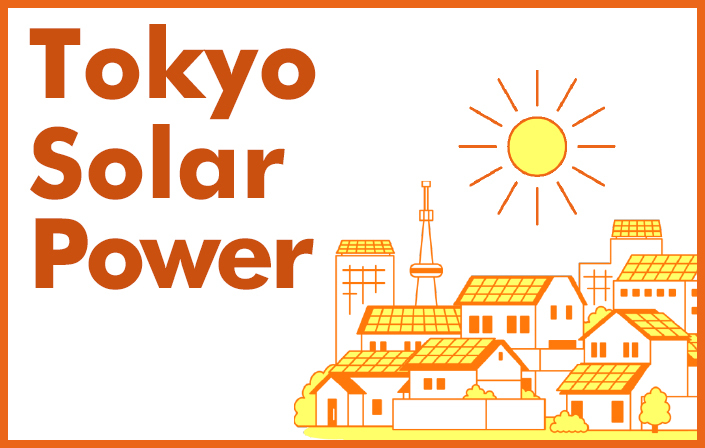
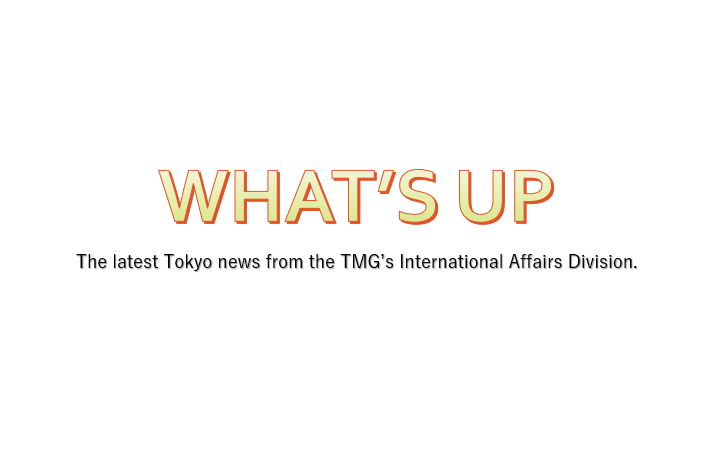
Recommended for You
Govenor Koike Calls for Innovation at FII PRIORITY Asia Summit 2025
December 1, 2025
Tokyo Governor’s Mideast Tour Highlights Multi-City Resilience Efforts and Japanese Capital’s Global Presence
November 27, 2025
Japan-U.S. Leadership Summit Held at UNU in Tokyo
October 10, 2025
Tokyo 2025 Deaflympics Paves the Path to an ‘Inclusive Society’
December 26, 2025
Tokyo 2025 Deaflympics (Part 1): A Leap Towards an ‘Inclusive Society’ with Sign Language
November 12, 2025
Championing Inclusive Growth: OECD and Tokyo’s Shared Vision
November 13, 2025
Call to Action for Hydrogen Use at “HENCA Tokyo 2025”
October 21, 2025
Governor Koike Inspects Hachijojima Island Hit by Typhoons
October 15, 2025
Governor Koike Meets with ICSD President Adam Kosa
November 28, 2025
Governor Koike Attends the Commendation Ceremony for the ‘Tokyo Eco Builders Award’ for FY2025
November 27, 2025